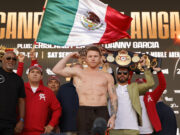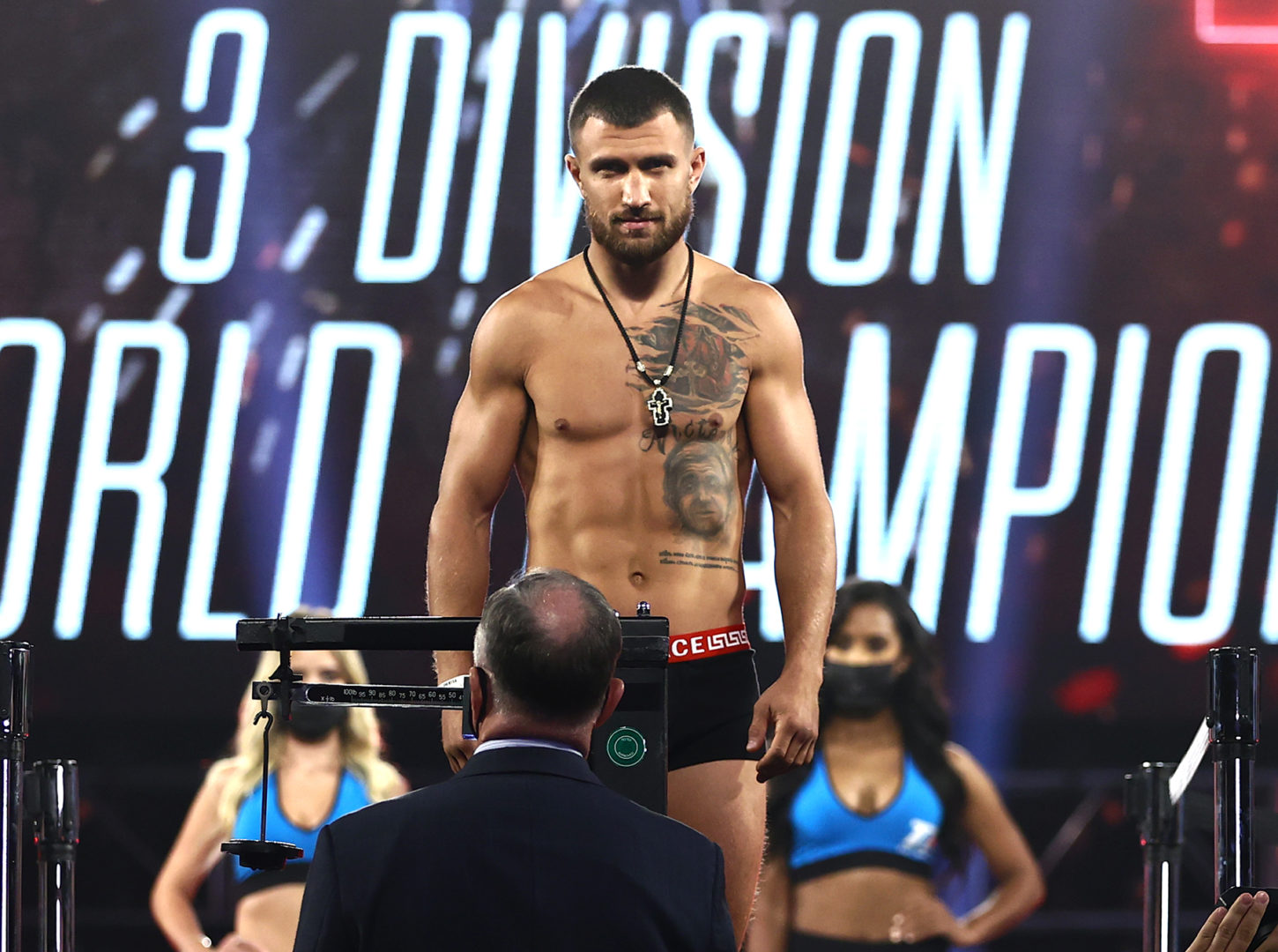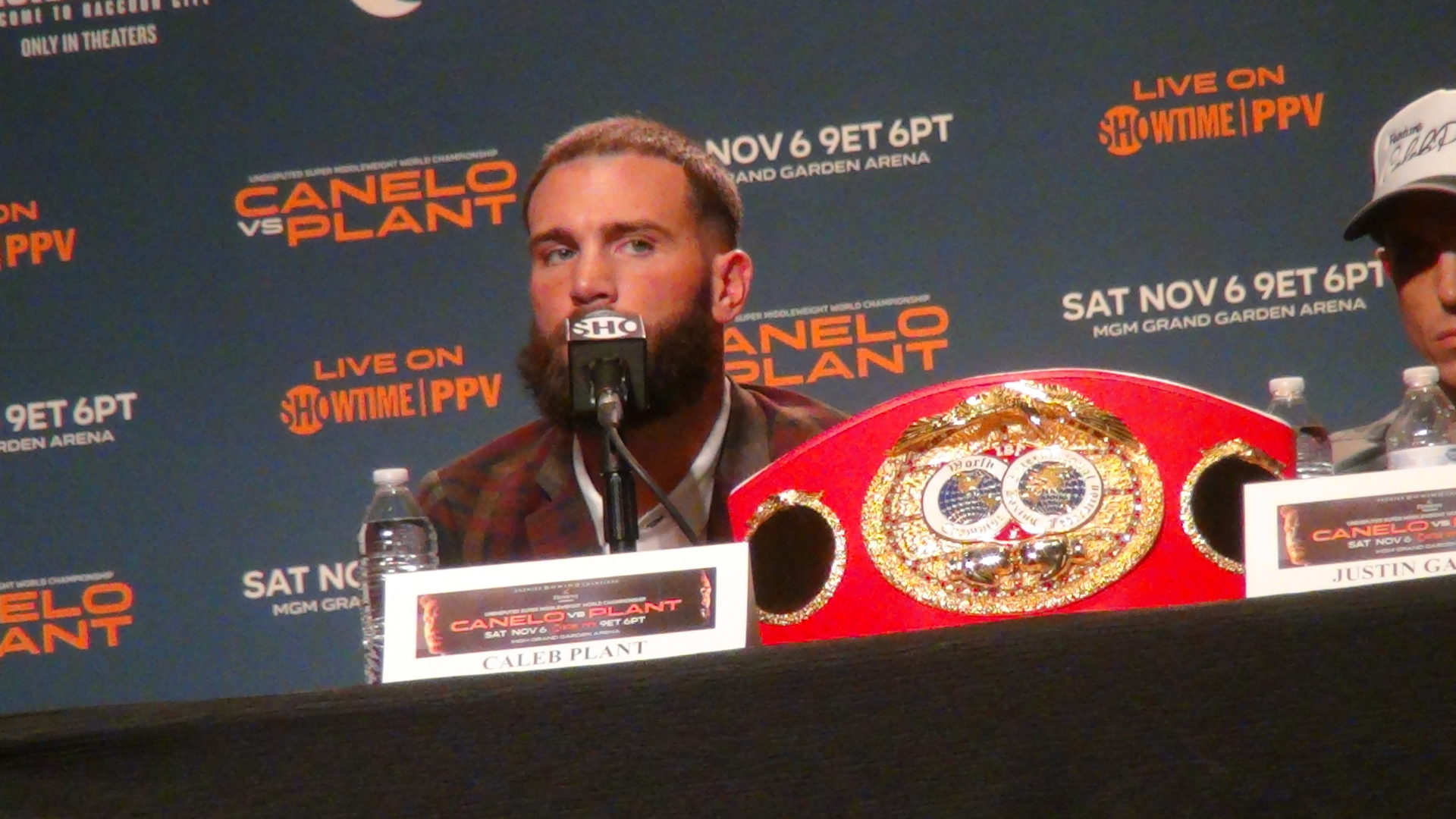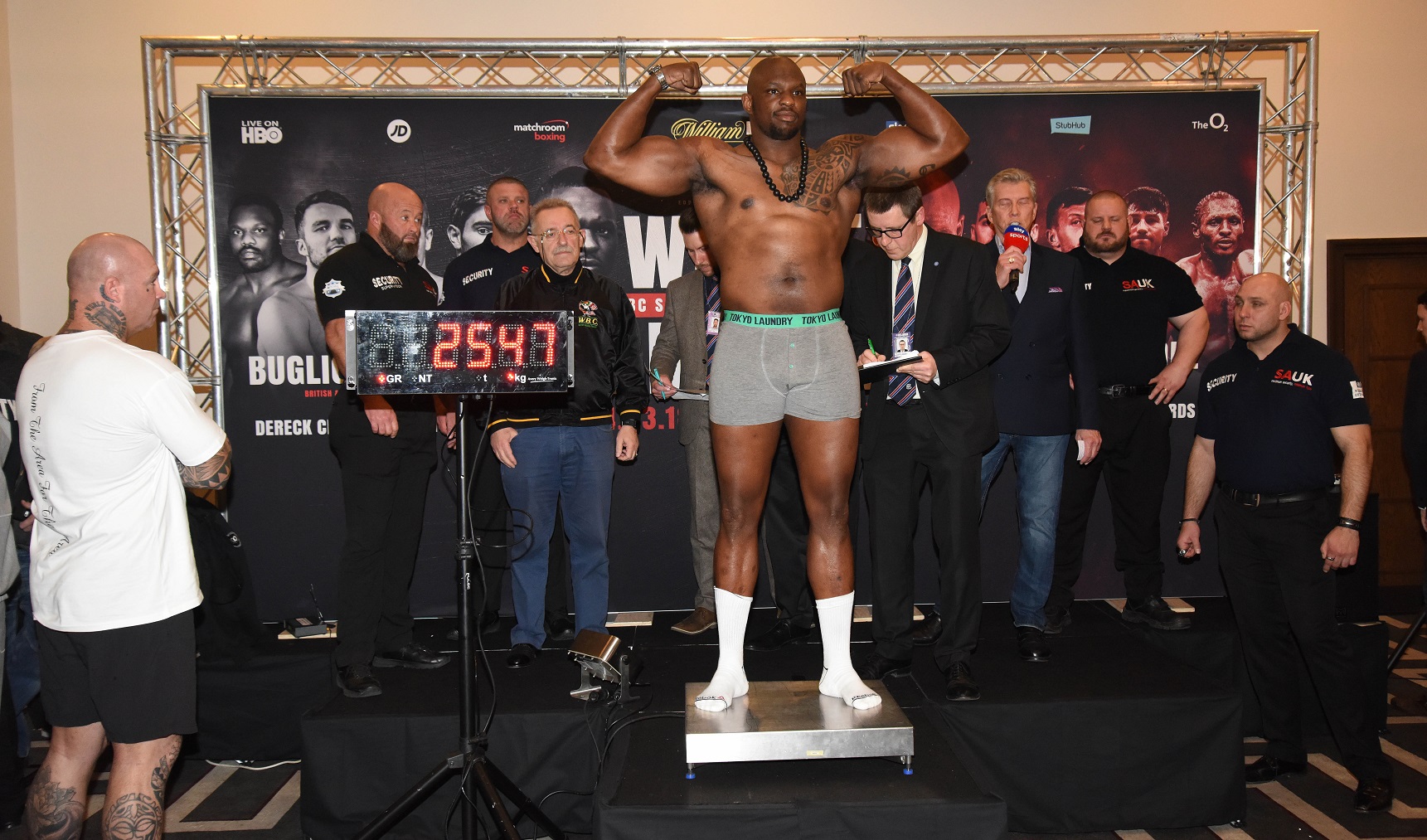
By Bart Barry-
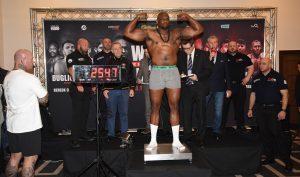
Saturday British heavyweight Dillian Whyte defended his WBC silver title by twizzlehammering an aged and limited Australian toughman named Lucas Browne in London. Round about the time of that spectacle something far more captivating happened in Washington D.C. But as this is a boxing column:
Knockouts solve most viewer issues. They clear the buffers like a deep breath and cloud all previous criticisms with ingratitude. It’s what heavyweights have, an unfairest advantage, over their diminutive coworkers. In an instant all the grappling and lumbering looks strategic. What was an obvious and unsightly compensation for unathleticism passes through a moment’s crucible into a gatheringplace of possibilities.
Even if there is no way to believe the wild misses and blubbering collisions were tactics addressed on the mitts or slipbag through camp there’s quite quickly no way to checkmate a fan who argues they were: The missed hook lowered the opponent’s head for an uppercut that missed but returned the weight to the front foot from which another missed hook perfectly positioned the jab for a crisp landing that made the opponent blink.
You’ve sparred or been before a heavybag enough to know none of this true, or at least not intentional, but you sense the explanation cycles might be better expended on a subject more promising. Because of the fan’s passion. It’s that. He’s charged by the knockout, and you’re not energetic enough to dissuade him. Maybe you latch on the untruth of his assertion, maybe the conditions of your life are such an unchecked misconception animates you sufficiently to the task of arguing moment by moment frame after frame how wrong he is, maybe, but you don’t persuade him. Because the jolt he experienced when viewing the concussive conclusion may be undone someday by time but not by reason.
The more rational we are the more this bugs us. We take refuge in our knowledge and experience – anyone who’s actually been in a fight knows there’s no way he missed that hook just to miss the uppercut – but our reason brings us much less of a charge the truebeliever’s experience brings him, while our reason brings him no charge whatever.
The written word has a sobriety moving images do not. It’s why, if you’re reading this, you likely find refuge in it. A writer, by way of his chosen medium, is more accountable to the future than a commentator. There’s a metaphor, or a cliche lying in wait, somewhere in the distance between the brain and the fingers being a few times the distance between the brain and the mouth. There’s more time for processing written thoughts than spoken ones, which makes spoken commentary many times the tightrope shimmy writing is. We sense this and allow the spoken word a margin for error we do not afford the written word.
*
Allow me to interrupt this dissertation on how we process commentary to celebrate briefly an extraordinary speech made on Saturday. You’ve probably seen it by now and have your opinion already fully formed – as Americans we don’t do much persuading anymore. But I’m mentioning it because while Whyte’s knockout of Browne affected me enough to watch a couple times, Emma Gonzalez’s speech is something I haven’t stopped watching.
Mine isn’t a political commentary in any sense greater than it’s a commentary on an act of political speech. It’s an aesthetic commentary, instead, on the power of its delivery. To stand before an audience that size and remain silent – to deliver the only sound and image undisarmed by a contemporary existence of beeping and blinking and vibrating – is potent an act of performative presence I can recall seeing.
To those who would say it was manufactured or coached, there is this: Every moving image you’ve ever seen was manufactured or coached. There is manufacture, and there is delivery. Frankly there’s not competence enough on the side of those who would manufacture this moment to believe they had anything to do with its creation – they haven’t manufactured a speaker or coached a candidate able to create a moment such as Saturday’s in at least a decade of constant and expensive trying.
Emma Gonzalez’s speech stands alone as remarkable. That is all.
*
Whyte is not the future, near or distant, of boxing; he was in fact knocked spastic then silly by the future of boxing 2 1/2 years ago. Regardless, he’s now an HBO mainevent a-side for as long as the former “Heart & Soul of Boxing” tries to seduce British promoter Eddie Hearn, who owns the promotional rights to the future of boxing. It’s appropriate as it is unseemly; if Golovkin-”Clenelo” 2 gets cancelled, as is now possible if unlikely, HBO Sports will have the superflyweight division and exclusive rights to Andre the Giant and discouragingly little more.
But if any division can supply mediocrity that is entertaining, it’s the heavyweights. At every moment there is the potential for one man’s unconsciousness, and the strategies are so obvious and the punching so slow even the beginner fan can make rich sense of it all in realtime. Best of all, when you unfactor height, which the fighters mostly do for you, the men fighting one another have the sorts of physiques to which laymen can relate.
From a broadcasting perspective it’s certainly not an ambitious failure. It even may not be a failure. It’s safety-first all the way.
Bart Barry can be reached via Twitter @bartbarry


